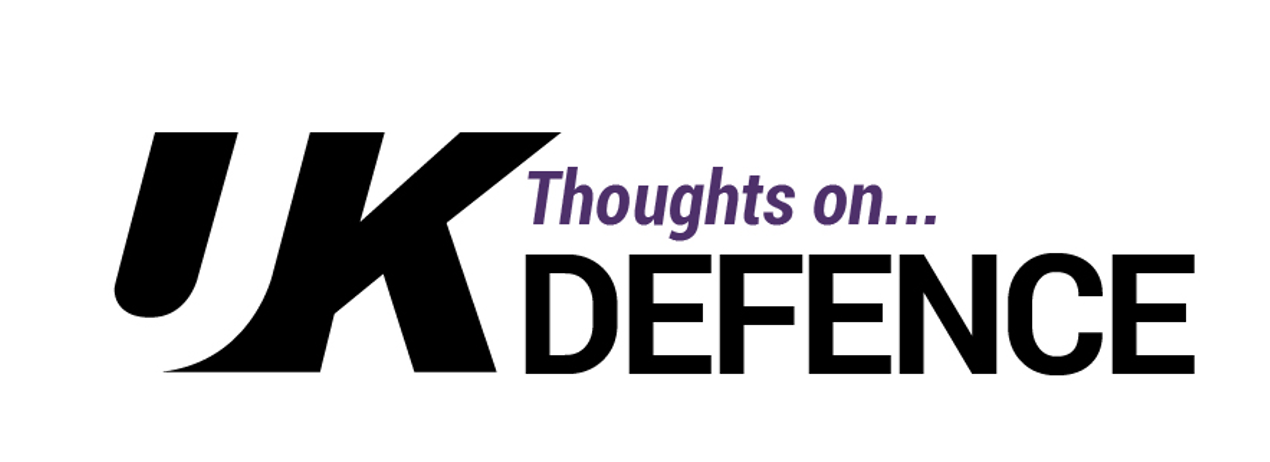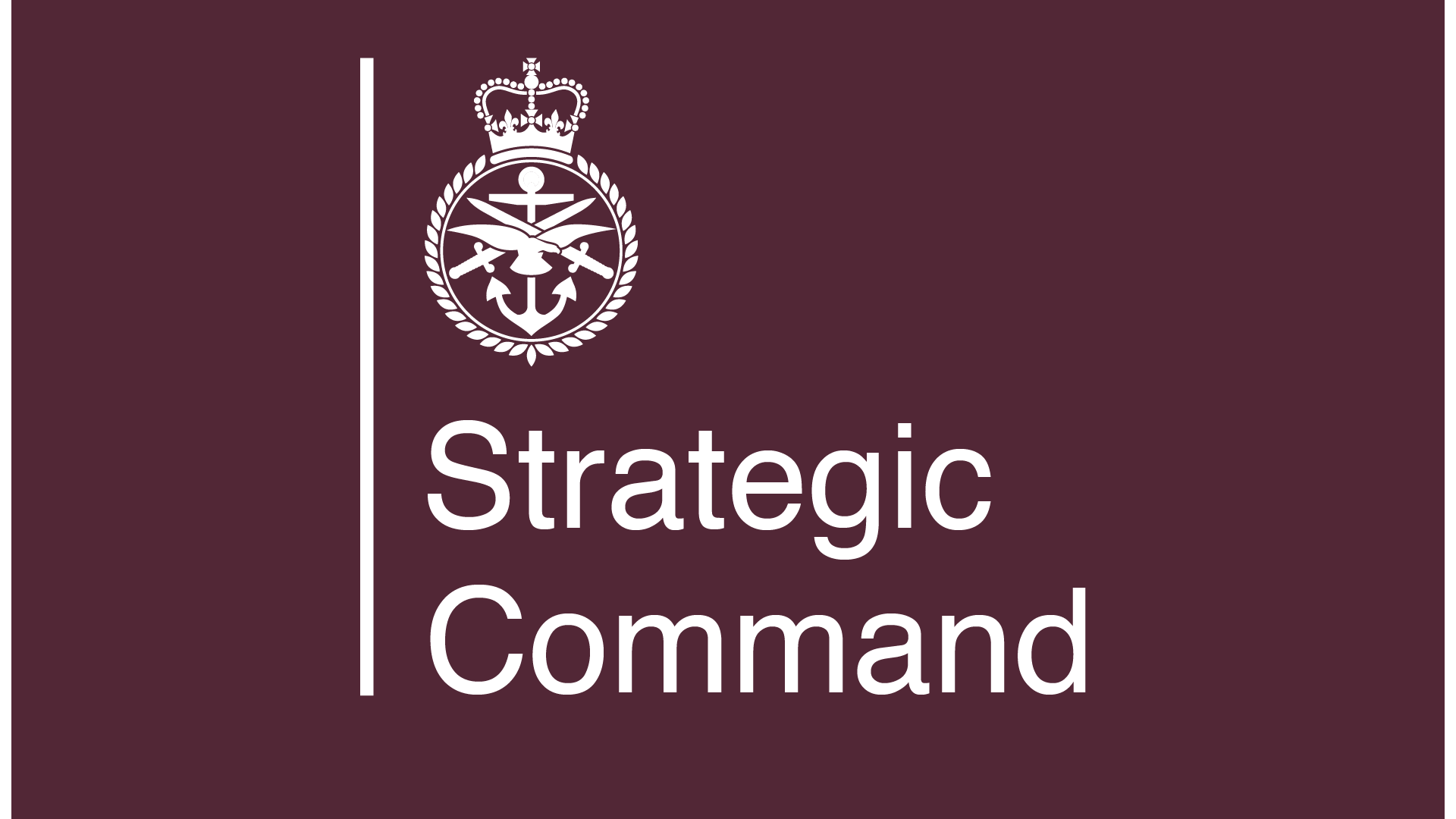The Times has reported that, as a result of the coronavirus crisis, the government is scrapping a planned multiyear spending review and will instead hold “a pared-back spending round next month that will give most Whitehall department’s just one year’s cash for day-to-day spending.” This will have a major impact on the Integrated Review, which is expected to conclude next month. As The Financial Times points out, Defence Ministers consider that a multiyear settlement is crucial for procurement and effective planning, whilst service chiefs are keen for a costed plan that would “retire some traditional equipment to allow investment in autonomous ships, drones and cyber defences.” So just how significant is the Treasury’s influence over the Integrated Review?
Learning from Previous Defence Reviews
In 1992, Sir Michael Quinlan, former Permanent Under-Secretary of State at the MOD, confirmed that defence reviews should follow a simple, linear process: “one starts by identifying one’s commitments; one assesses professionally what forces are needed to meet them; one costs these; and then one sends the bill to the Treasury, which pays up”. Unfortunately, history tells us that the reality is somewhat different.
The defence reviews of 1966 and 1975 both followed a specific manifesto pledge by the Labour Party to reduce defence expenditure to provide the financial headroom for the incoming government to achieve other political priorities. Specifically, in 1966 the government set a financial target for defence spending of £2 billion at 1964 prices to be reached in 1969-70. And in 1975, although the government stated that no arbitrary financial limit had been set, its review was predicated on a reduction in defence spending from five point eight per cent of GDP to four point five per cent over the next ten years. A financial reduction in all but name. More recently, although the 1998 Strategic Defence Review was not explicitly used to generate financial savings, it was knowingly constrained by the Labour Party’s commitment to maintain the previous, Conservative government’s spending plans for at least two years.
But it is not only the Labour Party that has sought savings from the defence budget. The Conservative Party’s ‘Options for Change’ review, and the Defence Costs Study that followed it three years later, both actively sought a post-Cold War ‘peace dividend’. Also, the result of the 2008 global economic crisis, together with an estimated £35 billion over commitment in the defence equipment programme, resulted in the Conservative/Liberal coalition government overseeing a seven point five per cent real terms reduction in the MOD’s core budget after the 2010 SDSR.
If the examples above are any indicator of the future, it would suggest that the Treasury’s influence over the Integrated Review will be significant.
Thoughts from Practitioners and Academics
Chancellor of the Exchequer Rishi Sunak (Conservative MP for Richmond (Yorks)) is clearly considering the bigger picture when he talks about “a total focus on tackling Covid and delivering our plan for jobs.” In doing so, he mirrors the approach taken by many of his predecessors during previous difficult times. For instance, in 1969 Denis Healey (who served as Secretary of State for Defence from 1964 to 1970, and Chancellor of the Exchequer from 1974 to 1979) wrote:
“If I were to identify one lesson, which a Minister must learn when he is in office, it is the way in which financial constraints must limit a Government’s freedom of choice – even the richest country in the world. No Minister of Defence can hope to acquire every military capability which is desirable on purely defence grounds.”
Another former Secretary of State for Defence, Roy Mason (1974-1976) observed that “the imperatives of economics, no matter how illogical this may be, do in fact exercise a commanding influence over the level of resources which we can devote to defence.”
General Sir William Jackson, military historian to the Cabinet Office in the 1970s and 80s, also believed that the economy came first. In his book, Britain’s Defence Dilemma: An Inside View, he wrote:
“Such was the plight of the British economy [in the mid-1970s] that the Soviet military threat had to be discounted as the lesser of two evils facing the Government; risks had to be taken with national security to re-establish the national economy.”
As always, there are contrary views. David Greenwood, an outspoken defence economist of the latter Cold War period, was highly critical of the viewpoint that reductions in UK military capability was made inevitable by force of economic circumstances; instead, he argued that the government of the day always had a choice regarding its resource allocation for defence. In Greenwood’s view, economic constraints may have been influential, but they were never decisive. On this point, he asserted:
“The state of the economy does not force governments to make defence cuts, it merely defines the limits of policy choice. What a government decides to do when faced with various economic problems reflects its own values and priorities. It is, strictly speaking, a question of political choice, not of economic necessity.”
Greenwood’s views are supported by Keith Hartley, Emeritus Professor of Economics at the University of York. Writing after the 2010 SDSR, Hartley took the view that all defence policies were subject to budget constraints and uncertainty, cost and budgets were central to every nation’s defence policy.
Conclusion
Whether you agree with the view that the imperatives of economics significantly affect the level of resource that governments can devote to defence, or support the idea that the state of the economy does not force governments to make defence cuts – it merely defines the limits of policy choice, it is difficult to conclude that money has not been a significant factor in past defence reviews and SDSRs. This, of course, brings us back to the issue of prioritisation, which, as @onUKDefence frequently argues, is pivotal to the successful development of defence policy. However, in the current climate, the government seems to be of the opinion that it has higher priorities than defence and security. Because of this, the Treasury’s influence over the Integrated Review will, indeed, be significant. We shouldn’t be surprised, history suggests it was ever thus.






